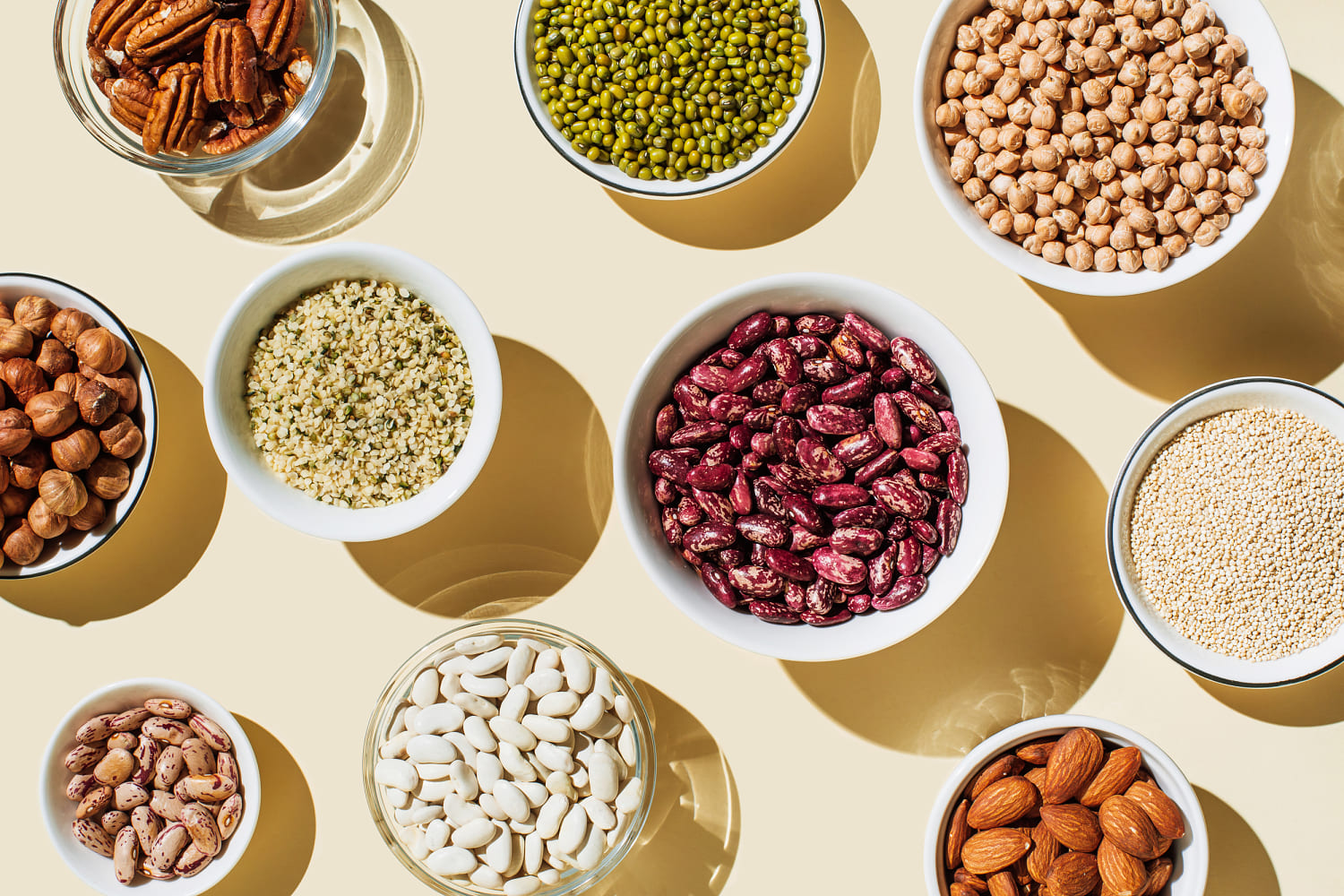How eating more fiber can protect the gut microbiome, new research finds

Benefits of Fiber for Gut Health: Defending Against Harmful Bacteria
Eating more fiber from whole grains, vegetables, and fruits provides several health benefits, especially for gut health. New studies indicate that fiber may prevent the body from dangerous bacteria in the gut by encouraging beneficial microbes such as Faecalibacterium, a dominant bacterium in the gut. In fact, individuals with the highest levels of this beneficial bacterium often exhibit lower levels of potentially pathogenic bacteria like E. coli, which researchers have directly linked to infection.
How Fiber and Gut Microbes Interact to Defend the Gut
Researchers analyzed the gut microbiomes of over 12,000 people from 45 countries. They found a link between high levels of Faecalibacterium and lower levels of harmful bacteria. This bacterium helps protect the gut by producing short-chain fatty acids (SCFAs)—compounds created during the breakdown of fiber. SCFAs are essential for maintaining a healthy gut environment, as they promote a balanced microbiome and reduce the growth of harmful bacteria.
In addition, higher levels of Faecalibacterium were correlated with higher SCFA levels, which the researchers further correlated with gut health. These beneficial compounds prevent inflammation and help in fiber digestion, which is crucial for maintaining gut integrity and functionality.
Why Fiber Is Important for Gut Health and Disease Prevention
Although further research is required to establish the direct role of fiber in preventing harmful bacteria in the gut, the current evidence shows that fiber has a significant role in maintaining a healthy gut. A diet high in fiber reduces the risk of inflammatory bowel conditions, such as IBD (inflammatory bowel disease) and gastrointestinal disorders. Fiber also enhances the digestion process by preventing constipation and reducing diarrhea symptoms.
Dr. Alexandre Almeida, a research fellow at Cambridge University and the principal investigator of the study, said that gut microbiomes play an important role in reducing the growth of harmful bacteria. However, he emphasized the need for further research to definitively establish fiber’s long-term protective effects.
Dr. Daniel Freedberg, a gastroenterologist at Columbia University, also underlined the significance of fiber in treating gastrointestinal conditions. According to him, fiber is the only dietary component that benefits people with both constipation and diarrhea.
High-Fiber Foods: Your Best Defense Against Harmful Gut Bacteria
High levels of high-fiber foods such as beans, vegetables, and grains help promote a healthy gut microbiome. High fiber intake is vital because it can stimulate the SCFAs, which, in turn, assist in beneficial bacteria production while repressing the harmful microbes.
Examples of high fiber foods include:
Unsweetened bran cereal: 14 g of fiber per ½ cup. Compare to toasted oat cereal, which contains 3 g of fiber per cup.
Lima beans: 13.2 g of fiber per cup (vs. asparagus at 2.9 g per cup)
Pumpkin seeds: 5.2 g per ounce (vs. hazelnuts with 2.8 g per ounce)
Raspberries: 8 g per cup (vs. blueberries at 3.6 g per cup)
Dr. Walter Willett, a professor at Harvard T.H. Chan School of Public Health, stressed that most Americans are not consuming enough fiber, with the average adult getting only about 58% of the recommended 30 grams per day. Willett suggests that instead of focusing on the exact grams, people should aim to eat more whole grains, fruits, and vegetables to naturally boost fiber intake.
Role of Fiber in the Prevention of Colon and Gut Conditions
Dr. Freedberg pointed out that fiber prevents chronic long-term damage of the colon. Researchers have compared individuals with high-fiber diets with those consuming processed foods, and there is a noticeable difference in colon health among the two groups. Individuals who consumed ultra-processed foods had negative changes in their colon tissue, while those with fiber-rich diets showed better-colon health and minimal cases of chronic digestive issues.
The evidence suggests that fiber can not only prevent digestive issues like constipation and diarrhea but may also protect against severe diseases such as colorectal cancer and inflammatory bowel disease.



Leave a Reply